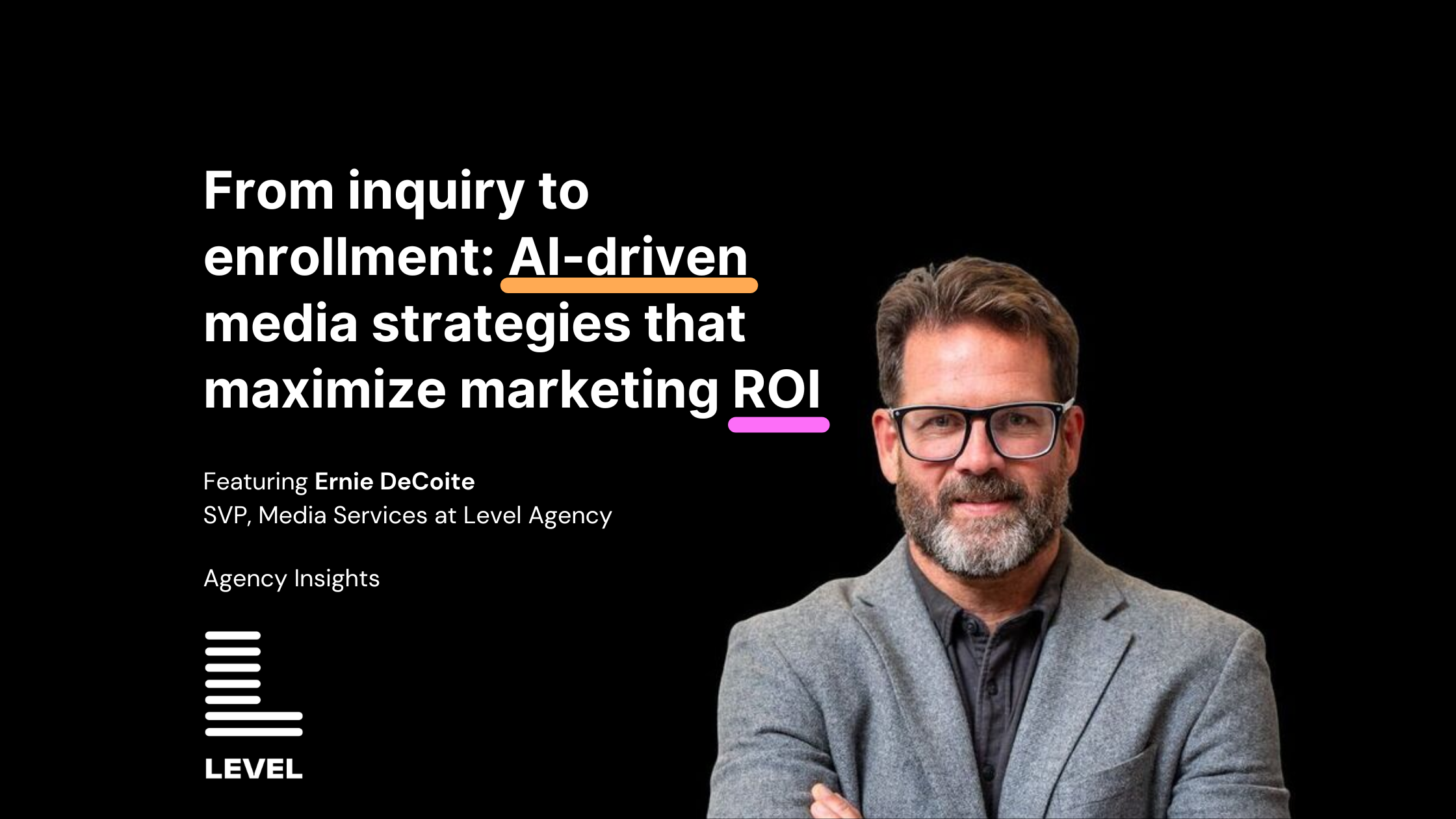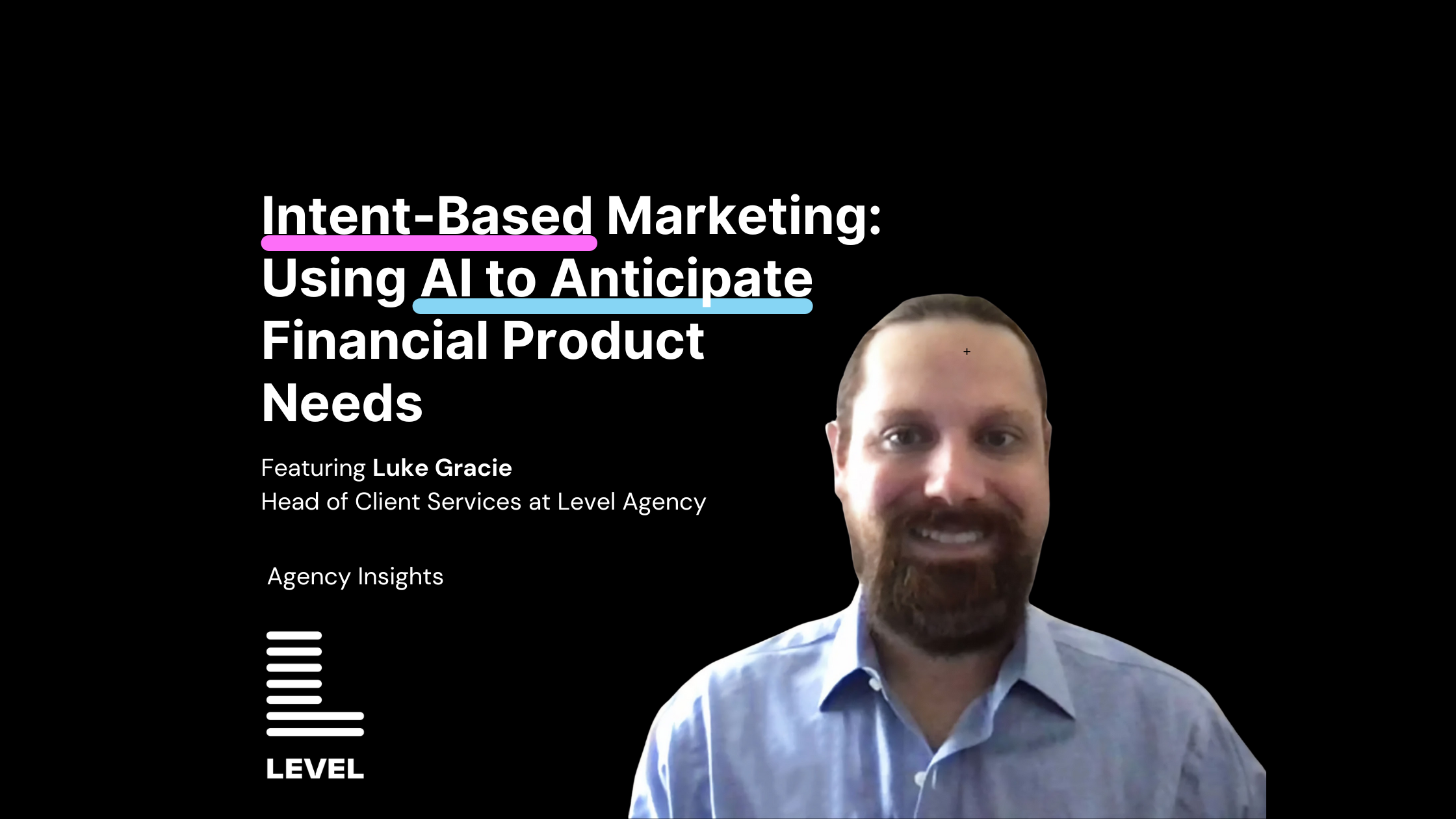In our latest episode of Test. Learn. Grow., we are joined with VoxPlan’s co-founder David Purdy and project manager Julia Atkins to talk about the importance of effective project management across industries.
Rather listen than read? In this podcast episode, Myles and Allyn talk to David Purdy and Julia Atkins from VoxPlan about how they approach project management and how they use the tool David created to help large-scale capital projects, like building wind farms, get completed.
How does visibility lead to accountability?
Making everyone and all documentation visible in the project management process encourages accountability.
That means everyone who touches the project has access to the same information.
This information can include:
- Project briefs
- Task lists
- Task dependencies
- All schedules and timelines
- Final deadlines or shifting deadlines
- Project delays
It helps with budgeting, anticipating breakdowns that could affect your desired outcome, and ultimately the full completion of your project.
Keeping all parties visible not only inspires accountability but if something gets missed there is no room for blame or excuses that all information wasn’t available so a stakeholder couldn’t act.
Whether your project is constructing a large building or architecting a multi-layer marketing project, the benefits are the same. Showing up and winging it isn’t an option. With remote and hybrid work more common, standing over someone’s shoulder isn’t an option either.
When everyone has visibility into the timeline and how their tasks affect the tasks of others, it creates cohesion within the team and holds everyone accountable.
How to get started
Selecting the right project management tool is a great place to start. You have to consider your company’s needs and commit to training staff to use the tool. At Level, we use Asana. There are other great tools like SmartSheet, Monday.com, Trello, ClickUp, etc. If you’re in the tech industry a tool like Jira work for bug tracking and agile project management.
After tool adaptation occurs, you’re ready to start managing projects. Here are a few basic principles to consider:
- Build your business case for the project
- Develop a project brief
- Create a project plan
- Establish clear and consistent communication
- Maintain a schedule and cadence
- Plan for setbacks and how to take corrective action
- Closely monitor your project for scope creep
- Track everything related to the project
- Keep project documents up to date. Communicate changes.
- Hold a retrospective meeting for more insights
If you want to learn more about how Level Agency uses project management tools to our advantage, please reach out. We’d love to hear from you.









